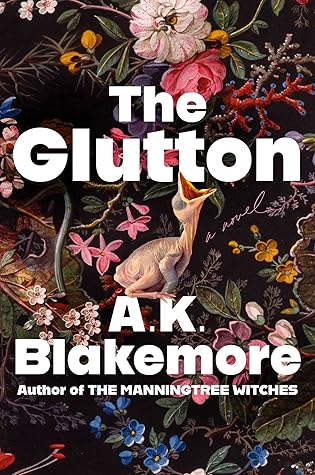More on this book
Community
Kindle Notes & Highlights
Sister Perpetué has observed that people expect to find the smell of death in a hospital—want to, in fact—strain their noises for it, to know what the smell of death is—but to her nose the hospital smells better than the street, where just as many holes and gashes, if not more, are left to fester.
People don’t like it because a child’s tears make them feel guilty for doing the things that they have to do. Things that aren’t pretty, things that no one enjoys, but that nonetheless have to be done.
His eyes reflect a world to be despoiled, or, at best, dishonestly participated in.
You are telling me these stories so that I will pity you, so that I will think you hard done by, and I do not believe you. You are not a victim. You are a vile, unpleasant man. He rolls his blue doleful eyes toward her. Can I not, asks the Great Tarare, be both?
blackbird. It would do no good to describe Tarare’s pain, which is enormous and in every part of his body, because in pain we are all alone, latched into the flesh, where the blood whistles and cells knit and unknit themselves.
To tell you he tries to open his eyes and finds they will not open would be to pick your pockets of a truth you are likely already in possession of, and perhaps wish to forget: that in our suffering, we are all of us totally, irrevocably alone.
He is revenant. He is starving. A corpse with a will.
Vidal says not everything has to be a story. Lozeau says yes, my friend, everything does. Everything is.
On the one hand, he feels blessed. On the other, cursed. But he is too small to contend with what God, presumably, has made him. And he is too weak to move from where God, presumably, has placed him.
Sometimes he worries that hunger is all he is.
I think everyone is soft, says Tarare. Some are just better at hiding it.
It is the mind that leads us to eat certain things and reject others with disgust. And if you want to eat anything, the mind is the only obstacle to be overcome.
What you are describing is not a nun, it is a woman.
(So many people, pressing in on one another, each a great depth cased in skin.
What else is there that a man might want for? This is not flattery. This is not a sop to Lozeau’s avuncular generosity. This is a real question from a boy who grew up in a shoebox.
Looking, says Lozeau, is a flavour of taking.
Who knows what kinds of magic money might give you access to? Not Tarare.
Perhaps a precondition of true beauty is surprise,
luxury is the opposite of surprise.
The gown, like the world, is too big for her.
But of course it hadn’t remained the same, because things don’t do that. Things hate to remain.
Like most wistful people, when Tarare looks at a child of even passing resemblance to himself, it is himself he sees.
God loves to plagiarise himself.
The key to life has been pressed into his hand, at last. Too late. Love. Love! It is love that makes the pain worth bearing, that gives existence, however abject, its purpose.
How—considers Tarare—to live in this world? And how to love? He has no answers to these questions, and no one else he can ask.


